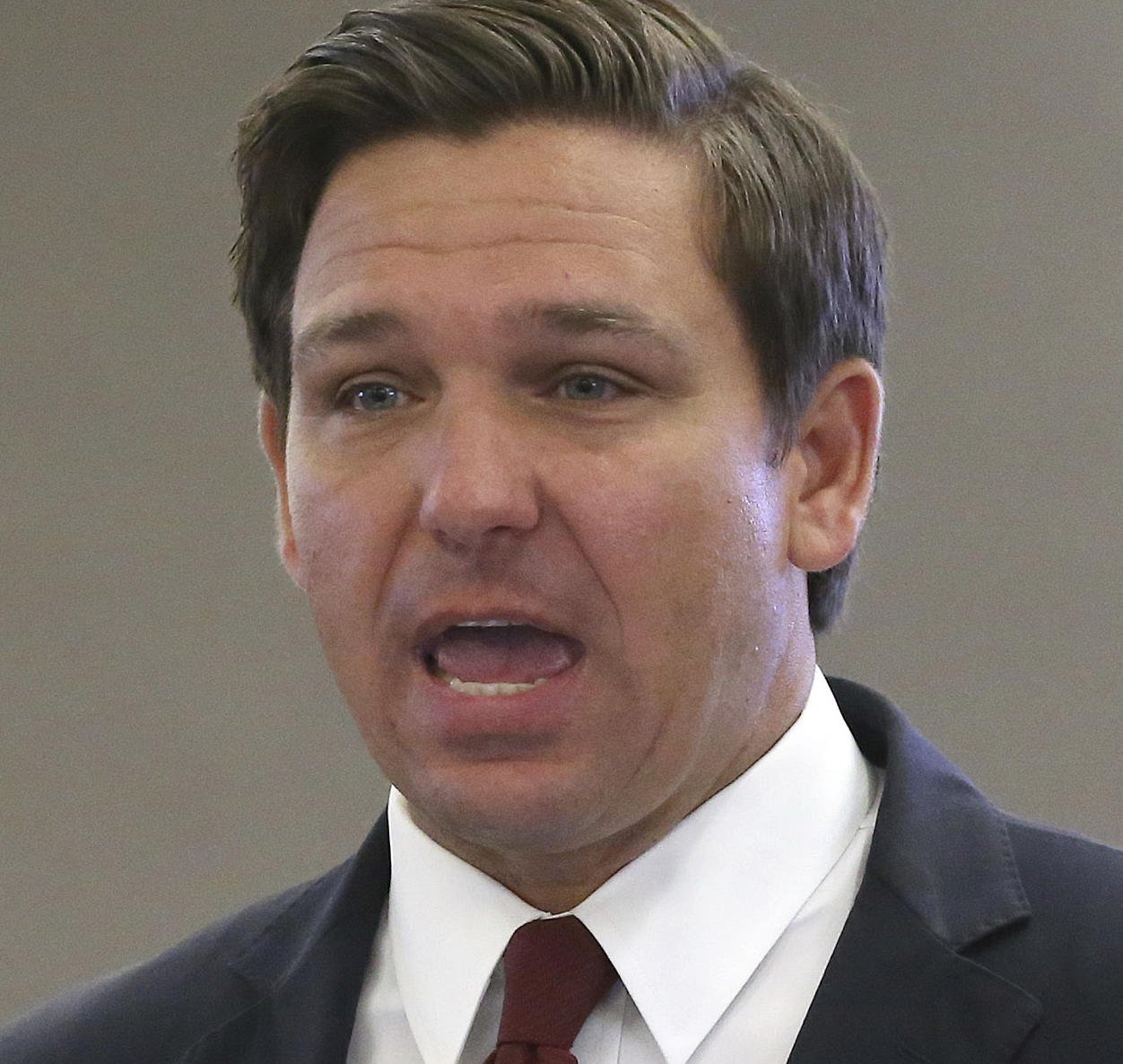Enact E-verify
Ron DeSantis
"Enact E-verify to ensure a legal workforce and higher wages for Floridians."
DeSant-O-Meter

Compromise
Our only agenda is to publish the truth so you can be an informed participant in democracy.
We need your help.